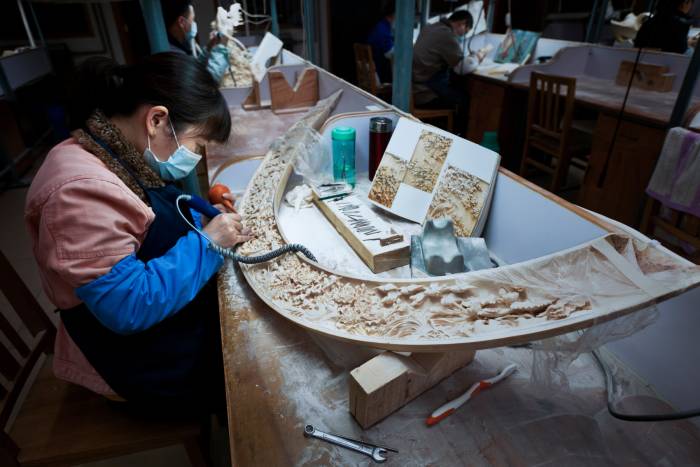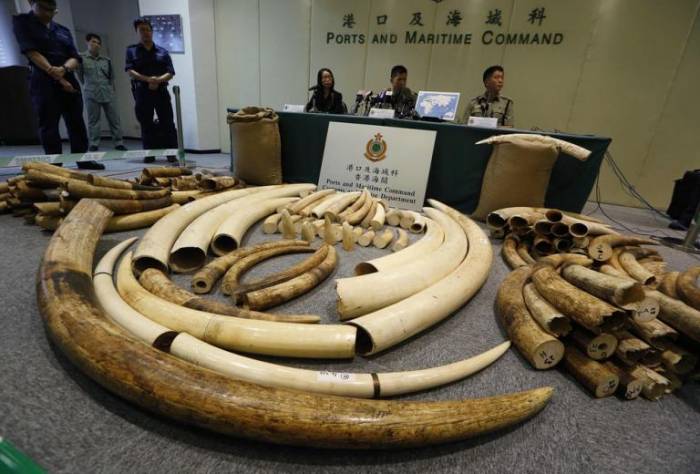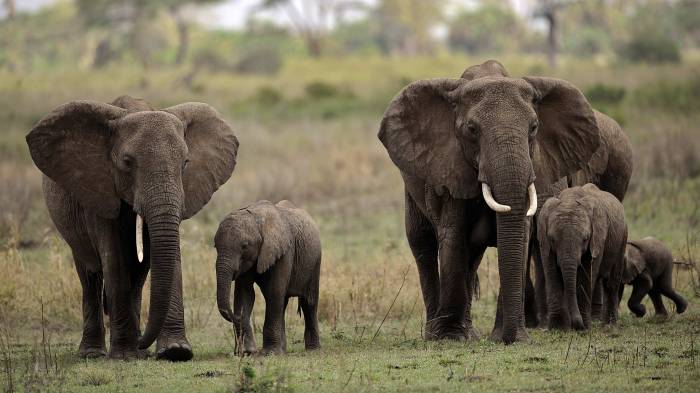
source
China has been under pressure to end its commercial ivory trade, which conservationists say contributes to the elephant poaching crisis plaguing many African countries. When Chinese President Xi Jinping visited the US last month, he promised to end the trade but did not say how. A US government official announced that the trade could end within the year.
A big step in ending the poaching crisis
China is the home of the largest ivory market in the world. Authorities have resisted ending the trade in the past, making the argument that ivory carving was part of the country’s culture and is a status symbol. But people in China have since come to realize that it was damaging their reputation in Africa, where they are seeking to invest. They have recently demonstrated how committed they are to ending the trade. China and the U.S. have agreed to ban the imports and exports of ivory and to take a step in ending the domestic commercial trade. However, there will be one exception: domestic trade for items like musical instruments or antiques will be allowed.

{adinserter CNP5}
One major obstacle
Hong Kong is a key platform in the global wildlife trade, particularly the trade of ivory from Africa to China. It has the largest retail ivory market in the world and makes a lot of revenue from Chinese tourists. Ivory is supposed to be taken from stockpiles from before the 1989 global ivory ban, but the figures show very little reduction in the Hong Kong stockpiles in the last few years. Authorities in Hong Kong are more reluctant to end the legal ivory trade and conservationists believe that they have not done enough to stop the illegal trade.
“Hong Kong has always been the ivory laundry of the world,” Peter Knights, executive director of WildAid in San Francisco, said. “The moral imperative has shifted from China and the U.S., who are in a position to say they are going to close the ivory trade down, to Hong Kong to do the same.”

The ban needs to happen as quickly as possible
According to World Elephant Daily, the elephant population has fallen by 62% over the last ten years with only 400,000 left. By the next decade, it is possible that they will be extinct. It is estimated that 100 African elephants are killed every single day by poachers who seek ivory, meat and body parts. One of the biggest aspects fueling the poaching is the demand for ivory products in the Asian market. The site estimates that this makes the illegal ivory trade so profitable that it has led to the slaughter of tens of thousands of African elephants. Banning trade in China could help save the elephants from extinction.

SEE ALSO: Kenya Takes A Big Step in Protecting Elephants From Poaching.





